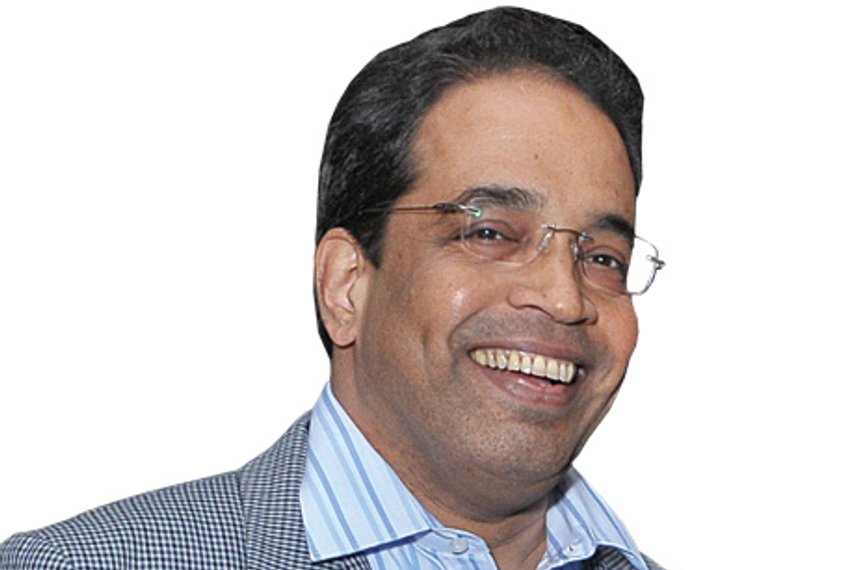
Please sign in or register
Existing users sign in here
Having trouble signing in?
Contact Customer Support at
[email protected]
or call+91 22 69489600
It’s been two years at the helm of the Advertising Agencies Association of India (AAAI) for Nagesh Alai, executive director - India, Draftfcb+Ulka Group. Gokul Krishnamurthy caught up with Alai, who steps down as president, AAAI, on 31 July, for his views on key issues before the industry today, and to reflect on two action-packed years in office. He points out at the very outset that the AAAI is bigger than any individual, and credits the several committees within the industry association for what has been achieved in the last two years. Edited excerpts:

Contact Customer Support at
[email protected]
or call+91 22 69489600
Top news, insights and analysis every weekday
Sign up for Campaign Bulletins
Campaign reports from centenary bash for French agency group.
The in-office policy was updated in November, when Omnicom acquired Interpublic Group.
Despite this, the IPL set a groundbreaking online broadcasting record, with over 384.6 billion minutes of watch time.
The codes do not limit creativity. Rather, it helps unlock it–consistently, ethically, and at scale.